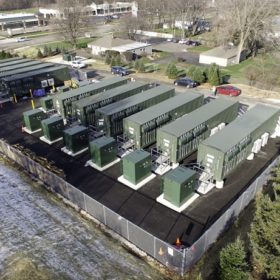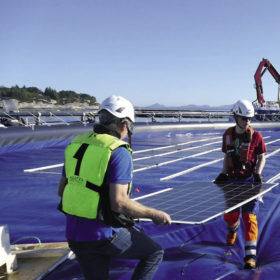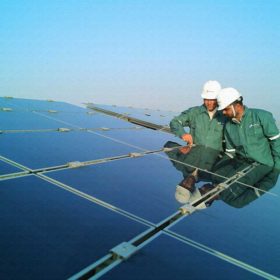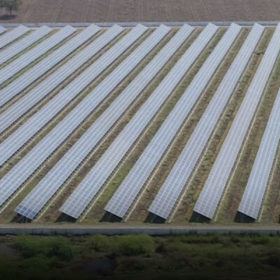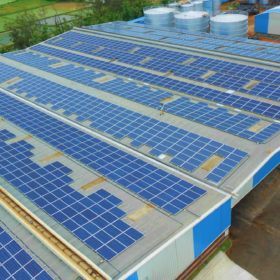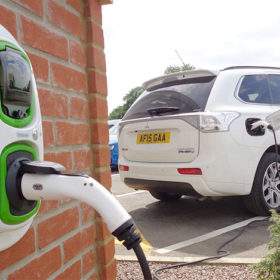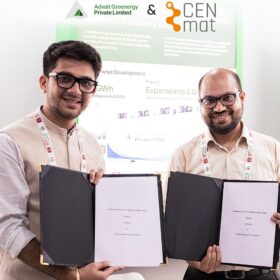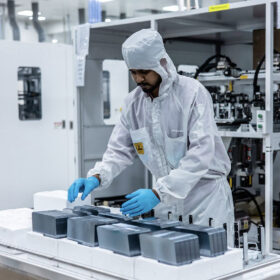India needs to spend Rs 5 trillion on transmission to power $5 trillion economy
As the country races to add or upgrade infrastructure for electricity transmission, it needs to take steps to encourage private investments as also lower consumer prices—according to a white paper by Confederation of Indian Industry that includes recommendations on planning, operations and costs for a robust transmission system.
Lead-acid battery market primed for growth with EVs?
“Lead-acid batteries are comparatively cheaper than other battery types such as Ni-MH and Li-ion. Moreover, these have the highest recyclability percentage of any product, and are therefore likely to find more takers owing to their reduced cost of production,” according to industry participants at the International Lead Conference held in Spain.
“Let’s compete on quality and innovation”: Vikram Solar CFO
With India losing major solar markets to stiffer competition from cheaper products, it’s high time to change the game by playing on quality and innovation—according to Vikram Solar Chief Financial Officer Rajendra Kumar Parakh, who spoke to pv magazine on the challenge of shrinking markets before Indian solar manufacturers.
CEL invites EoI for battery energy storage system projects
Government-owned Central Electronics Limited has invited Expression of Interest for executing battery energy storage system projects on turnkey basis in India. The deadline for submission is July 31, 2019.
Solar panel demand expected to reach 125.5 GW in 2019, TrendForce says
According to the Taiwanese market research company, PV panel demand will increase by 16% over 2018 shipments. TrendForce also believes this growth trend will continue in 2020.
FAME II: Proposals invited for deployment of 1000 EV charging stations
The charging stations should preferably be connected with grid-connected solar power plants of required capacity as per MNRE guidelines. The deadline for submission of the proposals is August 20.
Frontline to set up 100 MW solar plant in Himachal Pradesh
The pact with the diversified business group comes close on the heels of Renew Power’s proposal for 200 MW power projects in the state.
Tata Power to set up 50 MW solar project for NTT Com-Netmagic
The power generated from the captive project in Solapur city of Maharashtra will be supplied to NTT Com-Netmagic’s data centres across the state.
Madhya Pradesh tenders 32 MW rooftop solar projects
Bids are invited to set up more than 32 MWp of ‘RESCO mode’ grid-connected projects for sale of solar power to the Mandideep industrial area in the state. Bidding closes on August 13.
Vakrangee to set up EV charging infrastructure across India
The Mumbai-headquartered rural banking services provider will set up the electric vehicle charging infrastructure across its huge network of Nextgen outlets, which it plans to increase from current 3504 to 300,000 by FY 2024-25.



